Our Approach to Different Diets
Exploring various dietary approaches
Healthy Balanced Diet
Starting with the standard UK Government’s recommendation of ‘Eatwell Guide’ for the general population.
This eating pattern promotes the inclusion of a variety of foods from different food groups to achieve a balanced diet. However, a calorie-controlled healthy eating approach is needed to create a negative calorie deficit (600kcal/d) between energy intake and energy expenditure, for gradual and sustainable weight loss outcomes.
Morelife promotes this dietary approach using simple strategies such as portion control based on the ‘easy plate’ method. Some people may benefit from monitoring their dietary intake using calorie counting (keeping track of total calories consumed daily), though it is best combined with keeping a food diary to reflect on the quality of diet adherence to various aspects of healthy eating.


Pasta

Milk

Fish

Oil

Water

Salt
Pros
Promotes intake of nutritionally adequate eating patterns and general health.
Supports gradual and sustainable weight loss, and helps reduce CVD risk associated with excess weight.
Can be further adapted to meet cultural needs and specific eating patterns (veganism/vegetarianism).
Helps promote good relationships with food.
A healthy eating approach can be adopted as a family approach (friends and family could join you), and thus offer social support.
*The Eatwell guide applies to everyone above the age of 2 years.
If followed long-term, a healthy eating approach can offer wider health benefits such as improved immunity, better sleep, good mood and general well-being.
Keeping active alongside healthy eating shall help with weight maintenance.
Cons
Although there are no cons to adopting a healthy approach to eating, people might face certain barriers with respect to access and the cost attributed to it.
There are lots of good tips to eat healthy on budget, that could support healthy eating.
(There is an existing ML resource on eating healthy on budget. Please put link to ML RESOURCE)
For those having any specific medical condition or considerations, you may contact your healthcare professionals to receive individualised dietary advice best suited to your health condition.
Evidence
NICE Guidance (CG 189) recommends having a healthy diet with a reduced-calorie approach to achieve sustainable weight loss outcomes.

Mediterranean Diet
It is a way of eating healthy and represents the cultural eating pattern of people living in countries across the Mediterranean sea. This dietary approach promotes intake of plenty of vegetables, fruits, beans, pulses, nuts, seeds, wholegrains, and olive oil.
It recommends intake of moderate amounts of fish, white meat and some low-fat dairy produce. Red meat is usually only consumed in smaller amounts, and wine is included in moderation.

Fruits & Vegetables

Beans/Pulses

Nuts, Seeds & Wholegrains

Olive Oil
Pros
Such eating patterns reflect healthy eating and thus support general health.
This approach combined with moderate calorie restriction, supports weight loss.
Cons
Though this dietary approach has been extensively researched and evidenced for the marked health improvements, it might not be appropriate for people from varied cultural background.
Evidence
This diet has many health benefits. There is a lot of evidence that highlights the association with improved Cardiovascular health, reduced risk and improved management of Type 2 Diabetes, and some Cancers as well as its positive impact on cognitive function and quality of life.
Keto Diet
This approach refers to the inclusion of high fat, moderate protein and low carbohydrates (less than 50g/d). Ketogenic diets have been historically used and evidenced for medical management of drug-resistant epilepsy and certain neurometabolic conditions. The extreme restriction on carbohydrates is aimed at your body to achieve ketosis- a state where the body uses fats as a source of energy.

Salmon
Ice Cream
Eggs
Pasta
Beef & Chicken
Fruit
Cheese
Beans
Avocado
BBQ Sauce
Butter
Alcohol
Pros
When followed under medical supervision, for a short period and followed by gradual reintroduction of healthy eating, it could support weight loss.
Cons
This diet is highly restrictive and not sustainable.
Evidence
Although there is emerging evidence for its use to support weight loss in the short term, such diets are highly restrictive and not sustainable.
Such a dietary approach is contraindicated in certain health conditions and thus one should consult their GP and undergo medical assessment before testing the keto diet.
Nutritional Inadequacies
Extreme restriction on carbohydrates can lead to inadequate intake of essential vitamins, and minerals resulting in nutrient deficiencies.
Side Effects
It can cause side effects in the short term as well as long term, including serious adverse effects.
These include digestive problems, such as constipation, diarrhoea, and bloating. Other side effects are dehydration, electrolyte imbalance and hypoglycaemia (low blood sugar levels).
The rapid weight loss with this diet is associated with an increased risk of developing kidney stones. It can increase the risk of heart disease due to its high saturated fat content and lack of fibre. Rapid weight loss on a ketogenic diet can lead to muscle loss.
Such diets are not suitable for everyone and can be highly unsafe if followed without appropriate medical guidance.

Low Calorie Diet
A low-calorie diet refers to dietary intake around 800-1200 calories a day. This diet works by limiting the amount of calories you eat so your body doesn’t take in more calories than it needs to and thus results in rapid weight loss.
NICE recommends a low-calorie diet only as part of a multicomponent weight management strategy, for people who are living with obesity and who have a clinically assessed need to rapidly lose weight.
Such a diet is followed for a maximum of 12 weeks and the person following the diet should receive ongoing clinical support.





Since low-calorie dieting is often achieved using meal replacement products (either total diet replacement or partial meal replacement ), it should be followed by the reintroduction of foods to encourage eating a balanced diet in the long term, consistent with other healthy eating advice.
A long-term multi-component plan including healthy eating, physical activity and behaviour change guidance is important to help the person maintain their weight after the use of a low-calorie diet.
Pros
There is robust evidence for its use in achieving weight loss, such as improved blood sugar regulation and diabetes remission for those living with excess weight and Type 2 Diabetes. It could also be beneficial for achieving rapid weight loss, which is recommended before surgery, like joint replacement surgery, fertility services etc. It should always be followed under strict medical supervision.
Cons
It has well-reported side effects such as Fatigue, Constipation, Nausea, Diarrhoea and increased risk of Kidney Stones.
It is not suitable for women who are pregnant or breastfeeding. As well as people living with certain health conditions, as the presence of untreated or severe Heart/Liver/Renal Disease; Type 1 Diabetes; Cancer; and Eating Disorders or a history of Eating Disorders.
Evidence
This dietary approach is evidence to be effective for achieving significant weight loss and improvements in blood glucose levels in people with Type 2 Diabetes or living with excessive weight. There is sufficient evidence from research trials (DIRECT, DROPLET) that concluded its effect on Diabetes remission. These positive results have led to LCD being adopted by the NHS in the form of the NHS Type 2 Diabetes Path to Remission programme. This programme is available through NHS and in certain areas based on the preset eligibility criteria. To find out more about services available locally in the meantime, individuals can discuss their circumstances with their GP or Diabetes team at their next appointment.
